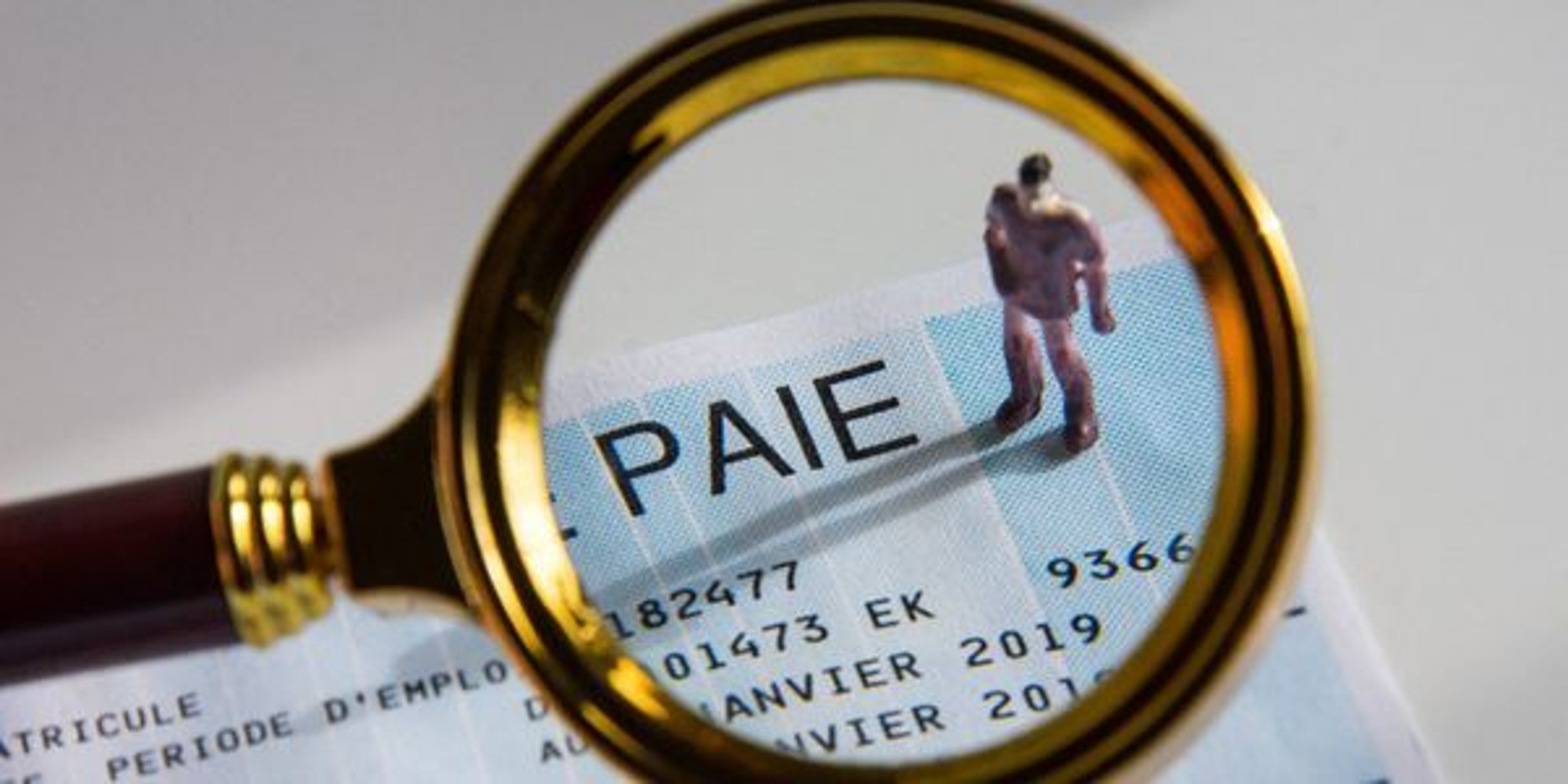Solène Leroux with AFP 12:30 p.m., March 29, 2022
The rise in wages, the sinews of purchasing power, has been at the heart of the demands of the French for several months.
What do the candidates for the Élysée propose?
Europe 1 gives an overview of the ideas of the main candidates.
At the heart of the concerns of the French for the presidential election in 15 days, purchasing power, and more particularly the question of wages, central in the programs of the candidates for the succession of Emmanuel Macron.
Increase in minimum wage, reduction in social contributions, revision of salary scales by sector... All want to increase salaries, but their methods differ.
On the occasion of the release of our presidential Playlists (the one on salaries can be found by clicking here or at the bottom of this article), Europe 1 summarizes several proposals from the contenders for the Élysée.
Anne Hidalgo
This is the very first proposal of his program, an "absolute priority": to increase wages.
The current mayor of Paris wants to increase the minimum wage by 15%, and convene "a conference on wages with employers' organizations and trade unions".
In addition, Anne Hidalgo affirms that a "revision of the qualification grids in the collective agreements will be carried out".
The socialist candidate also wants to reduce the wage differences between the highest and lowest salaries in the same structure.
Yannick Jadot
The ecologist Yannick Jadot wants to raise the minimum wage to 1,500 euros net per month, against 1,269 euros net since January.
"We will legislate for the obligation to renegotiate salary scales rebased on the Smic when the conventional minimum is lower than the Smic", details its program.
Europe Ecology-The Greens also plans to unfreeze the value of the index point, which is used to calculate the remuneration of public officials, without a precise timetable.
Marine Le Pen
The candidate of the National Rally promises a rise in wages, but does not want to increase the Smic, nor take "any measure which is a constraint for companies which could not cope with it".
In her program, Marine Le Pen is betting on a general increase in wages.
On the other hand, if she is elected, she wants to "allow companies to increase salaries by 10% (up to three Smic) by exempting this increase from employer contributions".
Emmanuel Macron
During its mandate, the government consistently refused any "boost" to the Smic, contenting itself with the automatic increases provided for by law.
To boost the purchasing power of employees, Emmanuel Macron has favored the establishment of bonuses exempt from tax and social security contributions.
And the branches were invited to raise their minima when these are lower than the minimum wage.
In his program, the president-candidate affirms that "all employees will see their salary increase".
For this, the current head of state intends to reduce social security contributions.
A proposal financed "by a smaller increase in the CSG", the generalized social contribution.
Listen to all our other presidential playlists on Deezer or by clicking on the following links:
- How to reform inheritance tax?
- How to save the health system?
- Are there too many civil servants in France?
- How to fight against overpriced housing?
- Should hunting be banned?
- How to reform the school?
- Can we defend ourselves without NATO?
- Should we rethink immigration policy?
- Should nuclear power be revived?
Jean-Luc Melenchon
The only left-wing candidate to pass the 10% mark in the polls, Jean-Luc Mélenchon promises, if elected, to bring the minimum wage to 1,400 euros net.
In order to increase wages and reduce wage inequalities within companies, the candidate of La France insoumise also wants to "organize a social conference to revalue in terms of wages, working conditions and career paths, the professions occupied mainly by women in the sectors of care, connection and contact".
Like Anne Hidalgo, the rebellious wants to "set a maximum authorized salary to limit the gap of 1 to 20 between the lowest salary and the highest salary" within the same company.
Valerie Pécresse
To "liberate purchasing power", Valérie Pécresse promises a 10% increase in five years, wages below 2,800 euros net, and the possibility of converting RTT days into wages.
"From July 2022, wages will be increased by 3% by reducing old-age contributions", also assures the candidate of the Republicans.
In the idea of "working more to earn more", the president of the Île-de-France region wishes to exempt overtime hours from tax.
Before the Confederation of Small and Medium Enterprises in mid-March, she proposed an annual conference on wages, the first of which would take place in June, if elected.
"By 2023, the increase could be 5%," she said.
Fabien Roussel
Like Yannick Jadot, Fabien Roussel wants to increase the minimum wage by 10% "to quickly reach 1,500 euros net per month".
In addition, "the law will require that no professional branch can decide on a minimum threshold lower than the Smic, and that this threshold is automatically reassessed with the Smic".
In his program, the candidate of the French Communist Party also specifies that he wants to increase the salaries of the public service, at the rate of 30%.
Eric Zemmour
No increase in the Smic either for the far-right candidate Éric Zemmour, whose main proposal in the field consists in lowering the CSG for part of the employees up to 2,000 euros, in order to give back a 13th month to the French, i.e. 100 euros more per month.
A measure financed "by the abolition of non-contributory social assistance for non-European foreigners".
The candidate of the Reconquest party!
also intends to raise the salaries of teachers, by "awarding teaching excellence bonuses".
>> To get around the question, you can also listen to our Playlist here:

